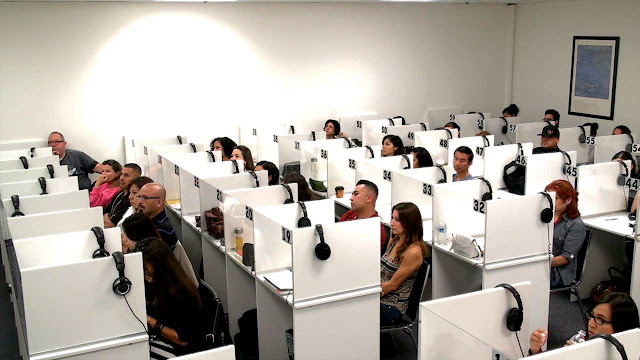In reality, many businesses wish they could depend on their home market to make a living but the world has changed and customers are now seeking the best deal when it comes to the purchasing of products. If your business’s prices are too high or your quality has failed the test customers will be searching through electronic resources to find what they are looking. This means to remain viable you will have to follow your customers’ trends and go global too.
The first obstacle you will encounter is language. It’s simply not feasible to market your products solely in your mother tongue as potential foreign language customers prefer to read product descriptions and reviews in their own language otherwise the product is ignored. Research has indicated that localising your website content and any other online advertising material by translating it into the languages of your customers will inevitably increase your sales. Along with this is that an online presence in several languages gives your product credibility.
Things you should do
Create part of your business content that feels comfortable in many different languages. Once you have selected that you should get it translated into the main languages of your potential customers by using a NAATI translation service a quality translation business that covers translations of all the key languages and more. These translators have achieved a high status as reliable and accurate translators through the NAATI accreditation process.
To help your translators achieve the best goal possible for your business you should compile a style guide of the types of words and phrases that your company is known for. The length of sentences in product descriptions, the types of vocabulary you like to use are all part of your style guide. You can also create a glossary of terms your business uses depending of course on the industry your products cater for. The hardware industry has its own bank of terms as does the hoe industry. Providing this helps your translator provide the best possible translation for your foreign language customers. McDonald has made a name for itself globally through localisation and you can too.
Professional translation services in Australia are leading NAATI accredited translation agencies and are ready to meet your global translation requirements today.




